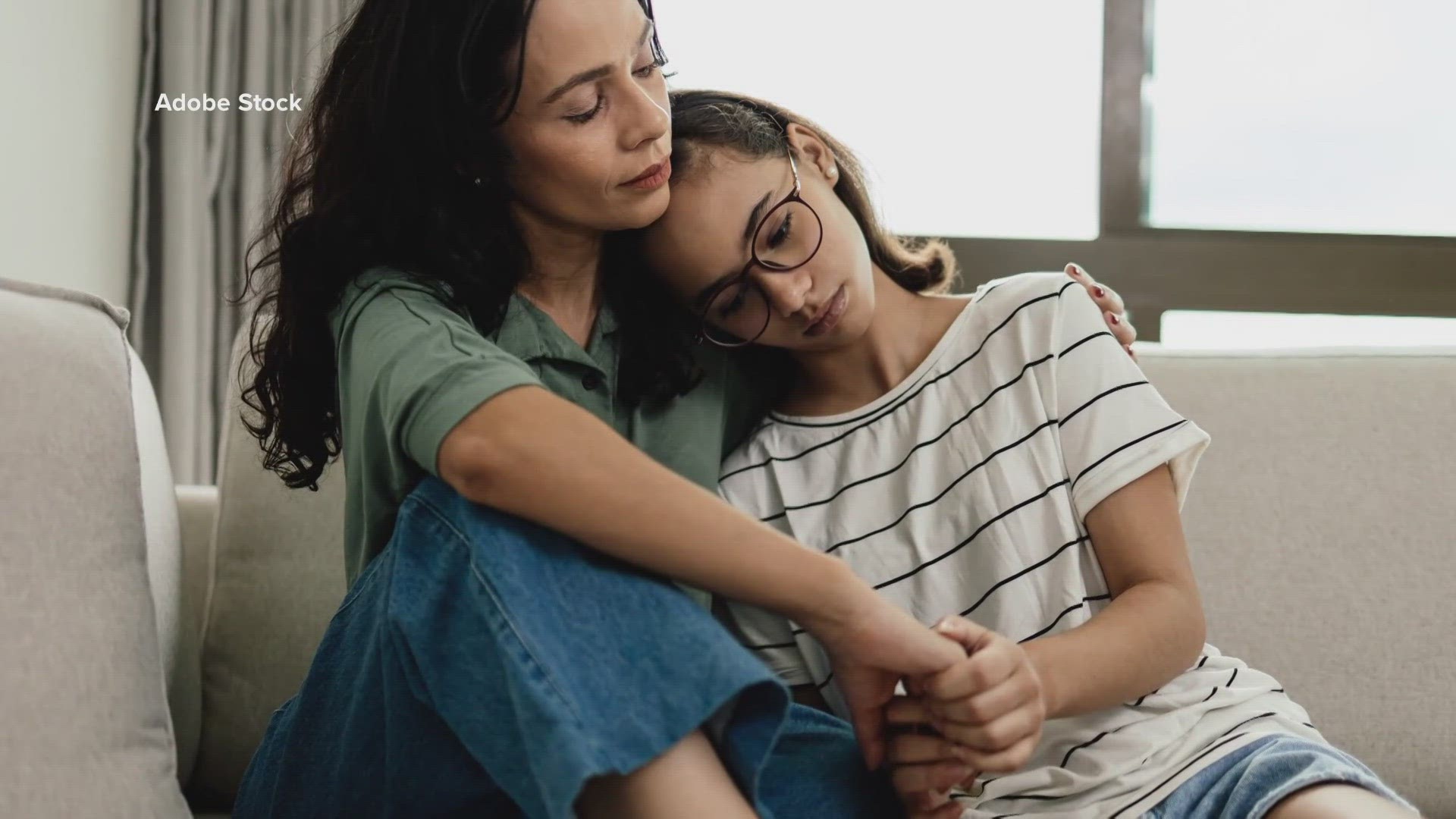KNOXVILLE, Tenn. — Millennials and Gen Z have their differences. One generation developed smartphones, and the other is pioneering developments in artificial intelligence. Millennials were lampooned online over avocado toast while Gen Z popularized TikTok.
They have their differences, but one thing connects them — stress. Deloitte conducted a survey on the decision-making skills of Millennials and Gen Z and found that both reported equal amounts of stress. Almost half of Gen Z said they were feeling stressed all or most of the time, and around 40% of Millennials reported the same.
It was conducted to get a better perspective of the workforce, post-pandemic.
"The pandemic prompted many to re-evaluate the role work plays in their lives and to seek more balance. This contributed to the Great Resignation, which temporarily shifted more power to employees, enabling them to demand changes they have sought for many years, including higher pay, and greater action and accountability in areas such as DEI and climate change," the survey said.
It said Millennials are now between 27 years old and 42 years old. Gen Z is between 11 years old and 26 years old.
"Their stress in the workplace boils down to four factors, and those are that they have an extremely heavy workload," said Erin Freeman, a spokesperson at Ackermann Marketing and PR. "They have an unhealthy team culture, poor work-life balance, and many feel that they are unable to be themselves in the workplace. So, those factors are causing them stress and anxiety."
The survey found that women reported higher levels of stress and anxiety than men in both generations. It said heavy workloads, unhealthy team cultures, poor work-life balances and an inability to be themselves were the core factors of stress in the workplace. Respondents also said they recognized employers were trying to improve mental health support in the workplace.
At the same time, respondents said they under-utilized mental health resources available through workplaces, according to the survey. Eighty percent of Gen Z and Millennials said mental health support was important when they were considering an employer.
"And beyond that, employers need to make strides to continue to address those workplace stressors and provide stigma-free working environments because at the end of the day, continued stress in the absence of mental health resources in the workplace — that's just a recipe for continued poor culture and bad business," said Freeman.
The survey also said the high cost of living was the top societal concern among Gen Z and Millennials, with unemployment and climate change ranking second and third.
"Half of Gen Zs and millennials say they live paycheck to paycheck. They worry that a potential economic recession has led employers to backtrack on climate action. They also worry that it will hamper their ability to ask for much-needed pay increases, continue pushing for flexibility, or find new jobs," the survey said.
Around half of Gen Z respondents said work was central to their identity, while 62% of Millennials said it was central to their identity.
"Many Gen Zs and millennials make career decisions based on their values and want to be empowered to drive change within their organizations," the survey said.

